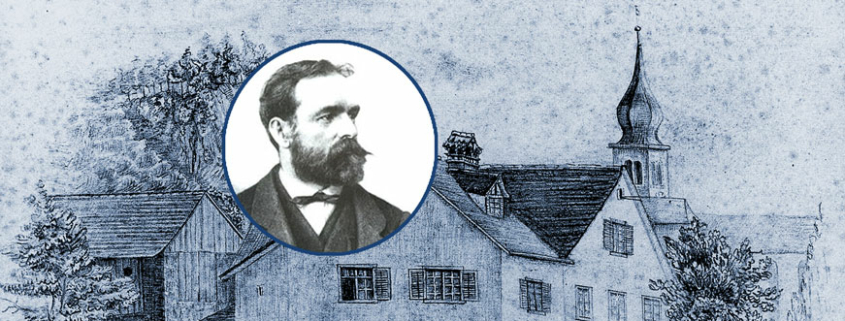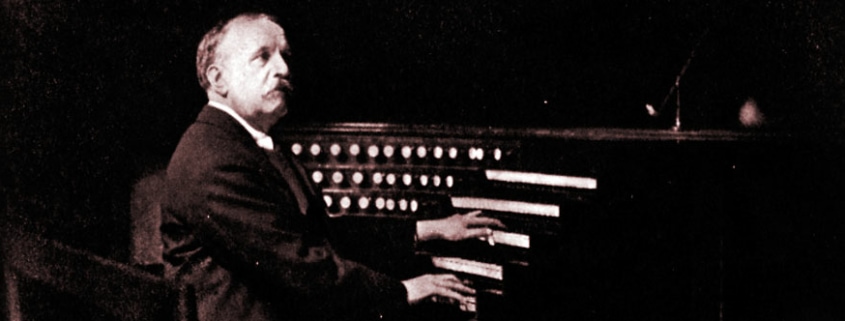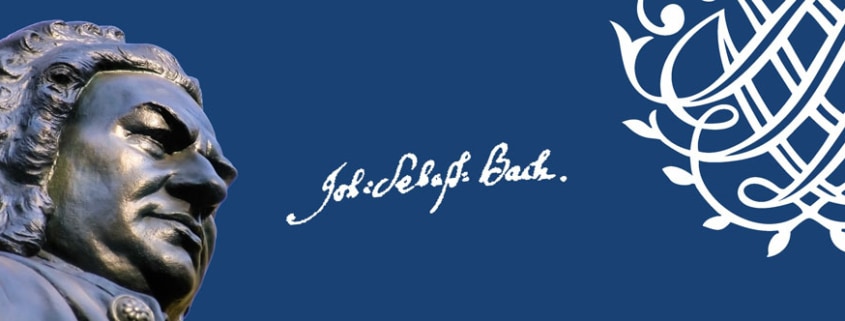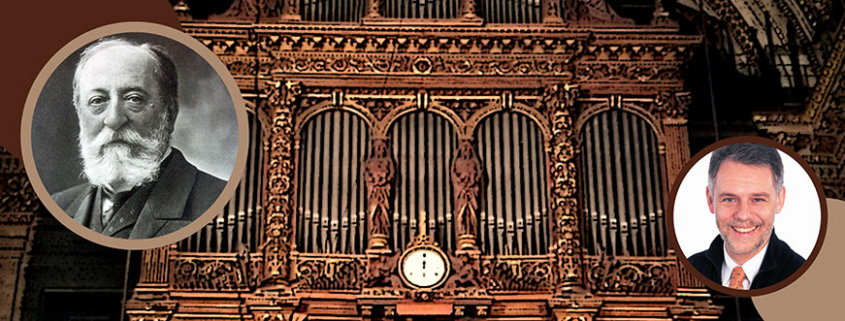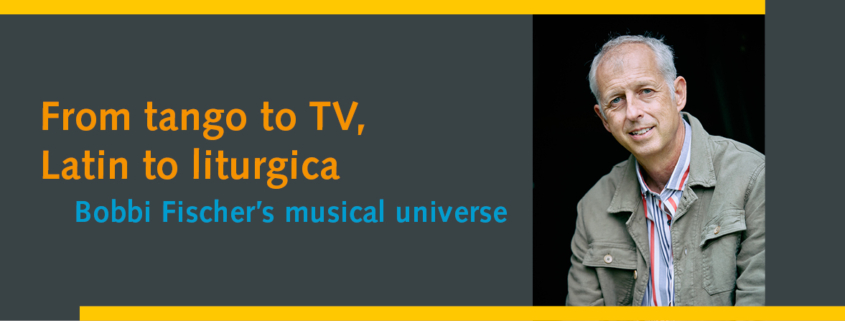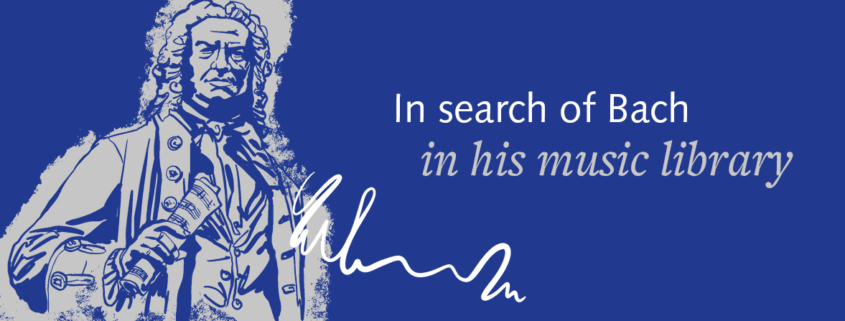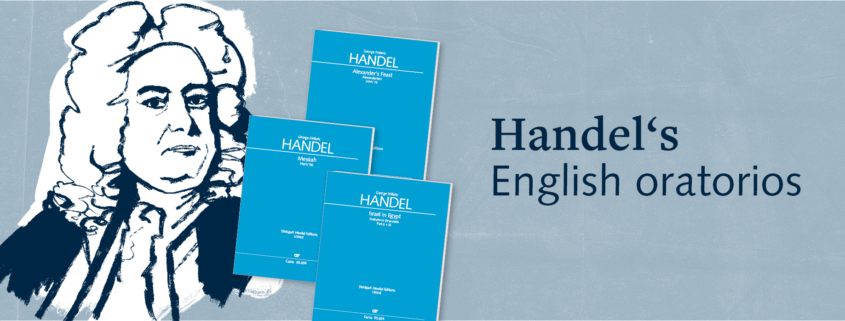Josef Gabriel Rheinberger’s Musica Sacra
Church music was particularly dear to the Liechtenstein composer Josef Gabriel Rheinberger. But he was not a follower of the prevalent Cecilianism movement of his time. He strove instead for emotional warmth and sensuality in his musical language, rather than serene austerity. In his works he found his own individual sound, combining traditional structures with tension-laden harmonic writing in equal measure. Read more!

